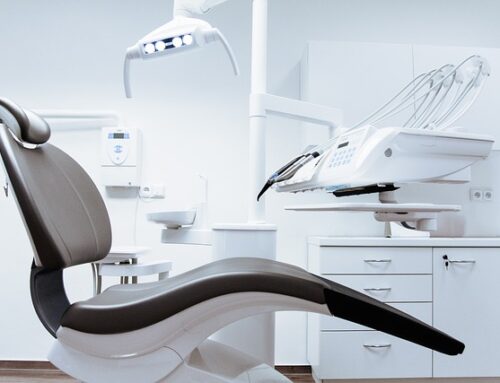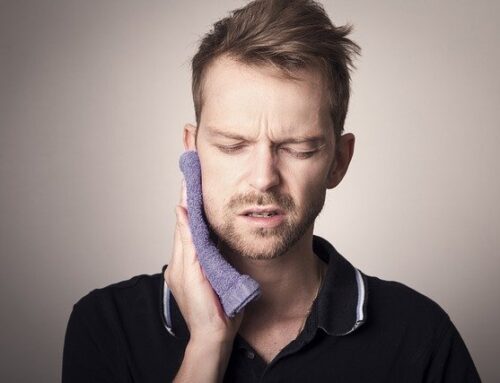We know the traditional treatment options for TMD relief, including oral appliance therapy. However, are there other treatment options that don’t require medication or appliances? There are! While these alternative treatment options may not work for everyone, they are available to provide relief for many patients.
Essential Oils
You might have heard about essential oils by now, but did you know there are certain oils that can help relieve some of your patients’ pain? While it is not FDA approved, it does appear to work. And, there are so many people out there right now that utilize essential oils on a daily basis that we should also try to cater to their needs and wants when it comes to alternative treatment options. I will touch base on this topic more in an upcoming blog on choosing essential oils for relief of TMJ pain.
Physical Therapy
By utilizing stretching and range-of-motion exercises, your patients can find relief from pain while also helping to restore proper movement and function of the jaw. For instance, one exercise you might want your patients to try is to open their mouth as wide as he or she can without feeling any pain. With the mouth open wide, have your patient move their jaw gradually to the right and hold for 10 seconds and then return to the middle. Next, have them move their jaw gradually to the right and hold for 10 seconds, then return the jaw to the center and close their mouth. This can be repeated 4-5 times.
Massage
Everyone loves a massage, right? Massage has been shown to be effective in relieving TMJ pain. Some massage therapists specialize in TMD and even work on the muscles inside the mouth to release tension surrounding the jaw. Trigger points, or muscle knots, are a common cause of stubborn and strange aches and pains, and yet they are underdiagnosed. The perfect spots for massage relief are trigger points that are common and yet fairly easy to massage.
Self-Management
Many times you are your own relief. If your patient suffers from TMJ pain or discomfort, it is important for them to be aware of their own habits. Encourage your patients to avoid chewing gum or eating hard, chewy foods to put less stress on the TMJ muscles. It is also important for them to keep their teeth apart with the jaw muscles relaxed as much as possible throughout the day. Avoiding stress and learning what situations cause them to clench their teeth are both vital in preventing TMD symptoms from getting worse or even returning. Help your patients take charge of their health and understand what is causing their pain.
For more information on TMD and other alternative treatment options, please contact me further.





